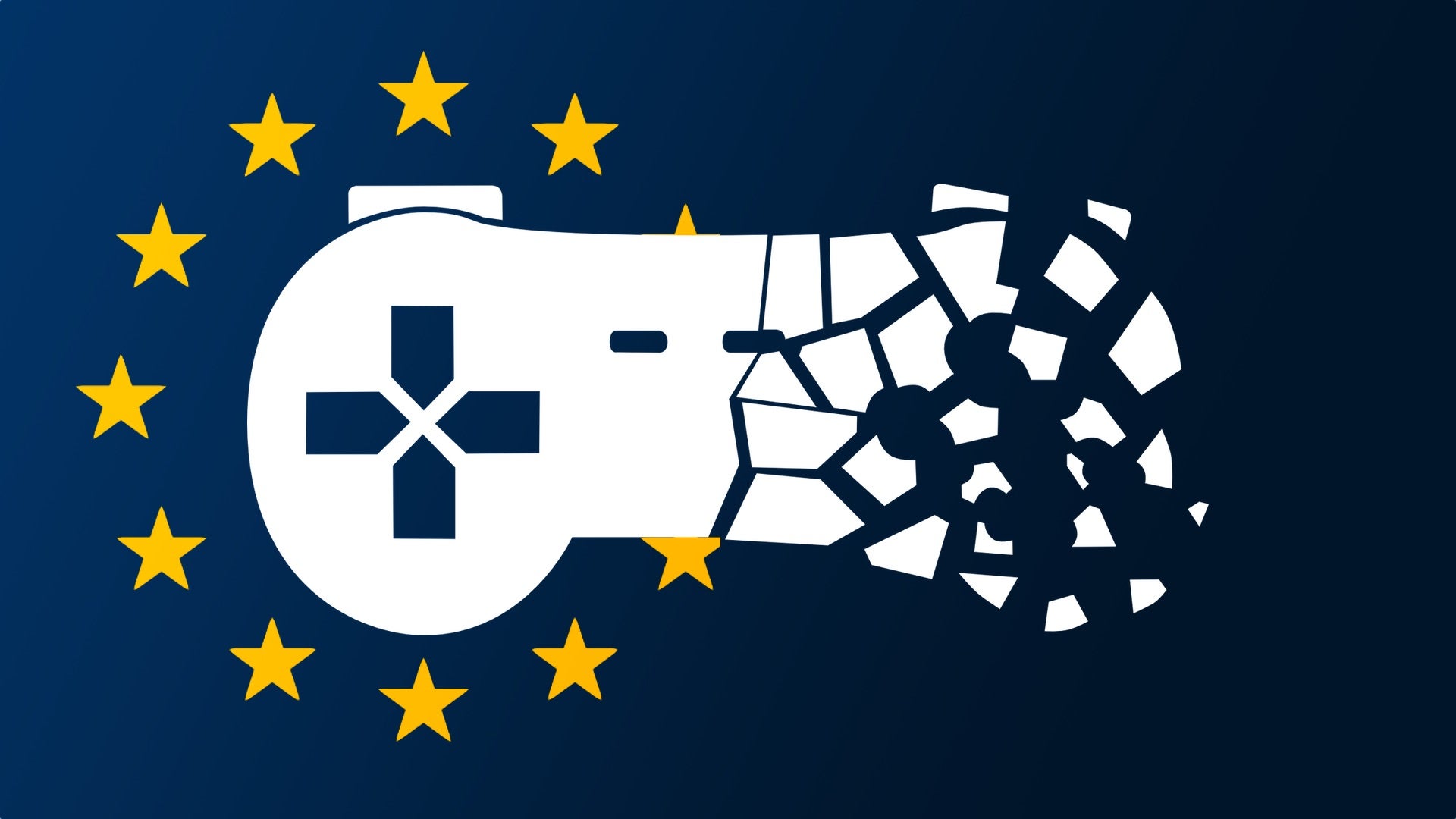Stop Destroying Videogames – the European campaign inspired by the Stop Killing Games movement – has shared a progress update as EU countries continue verifying petition signatures, saying it’s preparing for the next stage, which will include “countering misinformation and industry lobbying”.
Stop Destroying Videogames is looking to convince the EU to pass regulations preventing “the remote disabling of video games by the publishers, before providing reasonable means to continue functioning of said video games without the involvement from the side of the publisher.” To that end, it turned to the European Citizens’ Initiative – an official EU mechanism designed to provide a way for citizens to propose a legal act to the European Commission – and successfully surpassed 1.4m signatures before the petition closed in July.
With several months having passed since then, Stop Destroying Videogames organisers have now shared a progress update on the Stop Killing Games subreddit. At present, the post explained, all signatures are being checked by national authorities. As previously noted, if 1m signatures are successfully verified (the post adds “early reports from several countries show around 97 percent of signatures being valid”), the petition can then be presented to the EU for either a public hearing or full debate session at the European Parliament. “That moment will mark the start of the legislative phase,” the post continues, “where the Commission and Parliament must decide how to respond.”
To see this content please enable targeting cookies.
While verification continues – a process that should take around three months – Stop Destroy Videogames is preparing for the next stage of its campaign. The goal, organisers explain, is to ensure “our initiative cannot be ignored”, and so it’s working toward, “Legislative outreach to Members of Parliament and the Commission; countering misinformation and industry lobbying; strengthening our community structures to support this next stage.” Some work will, by necessity, remain behind the scenes. “Past attempts to undermine the initiative,” organisers write, “have shown us the risks of being too open.”
